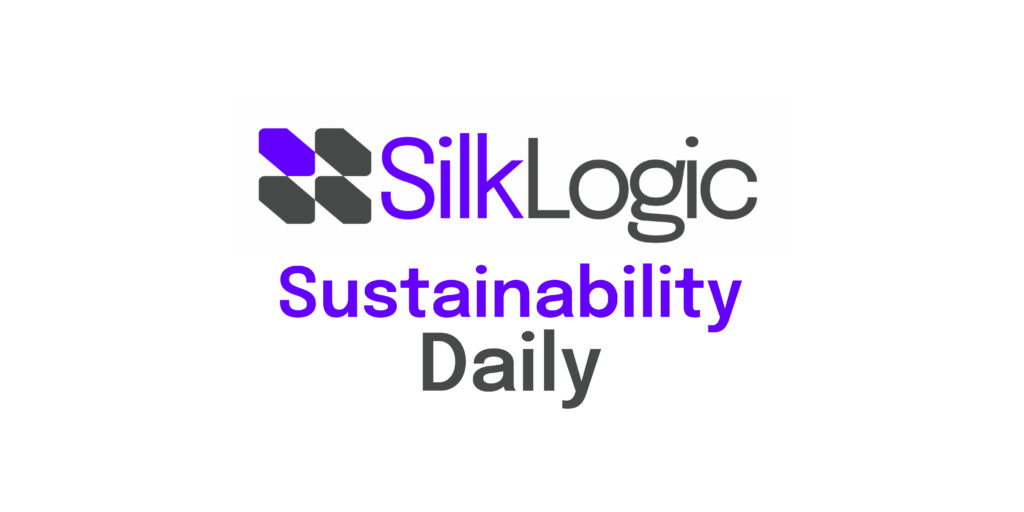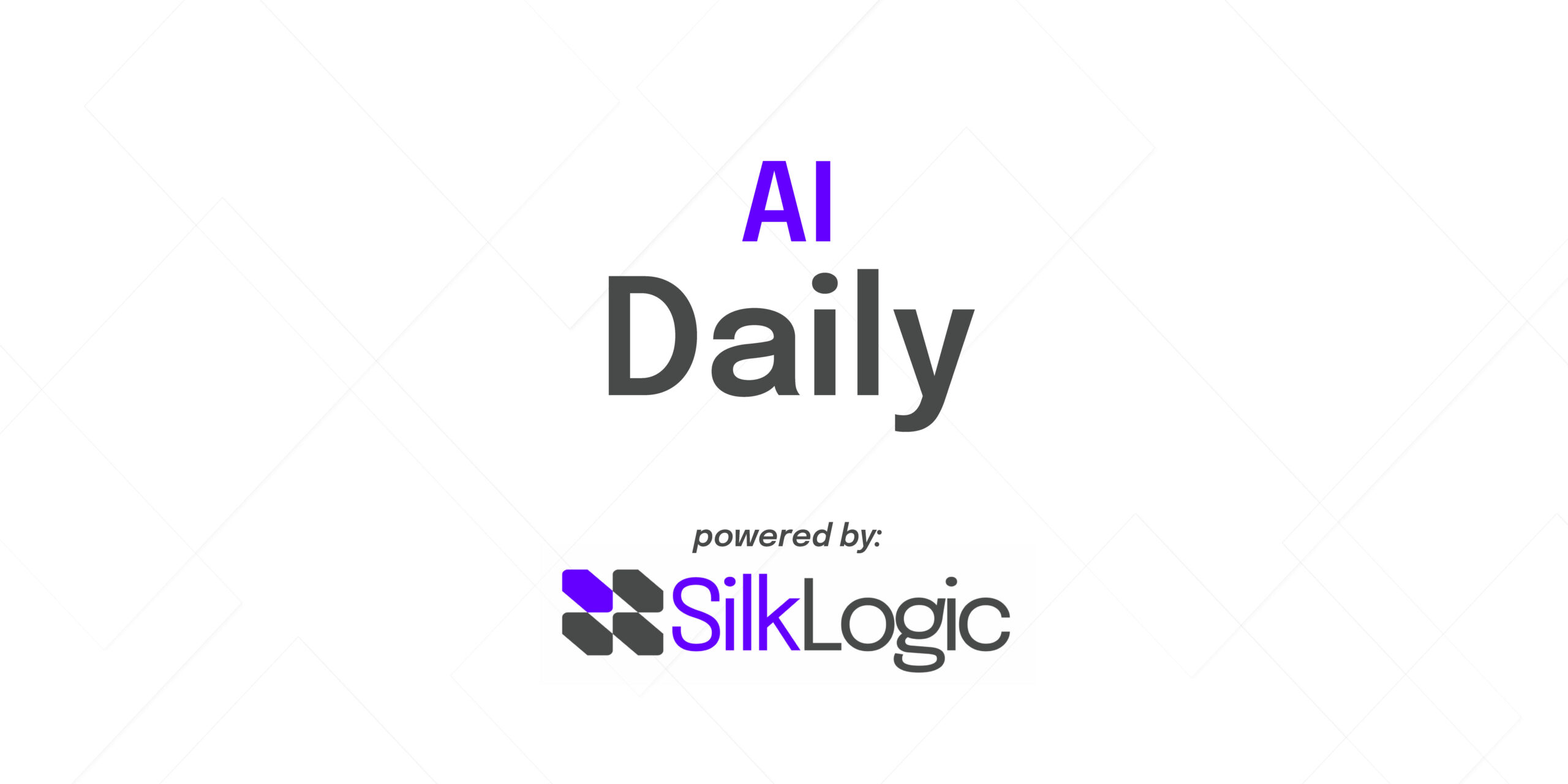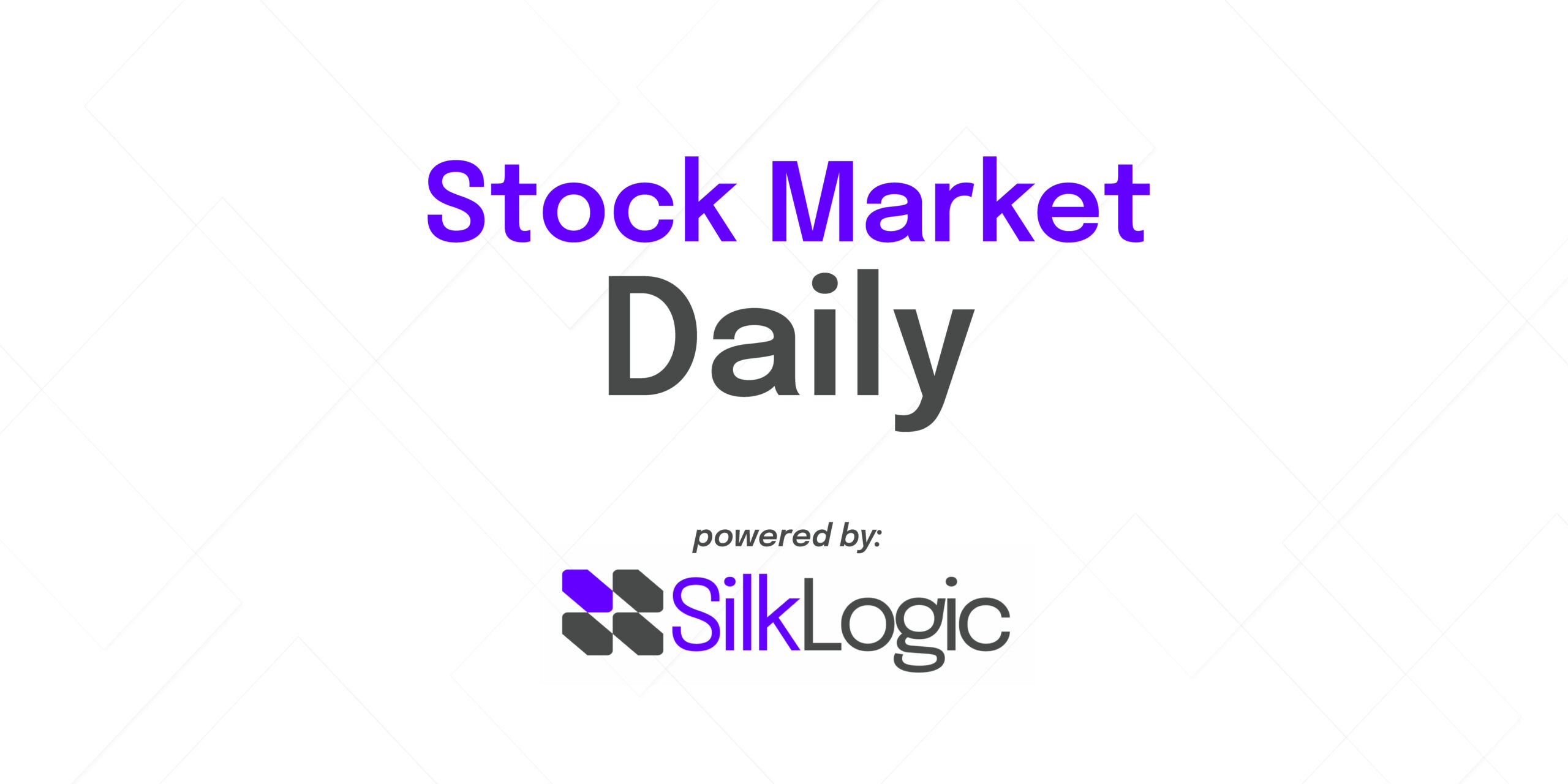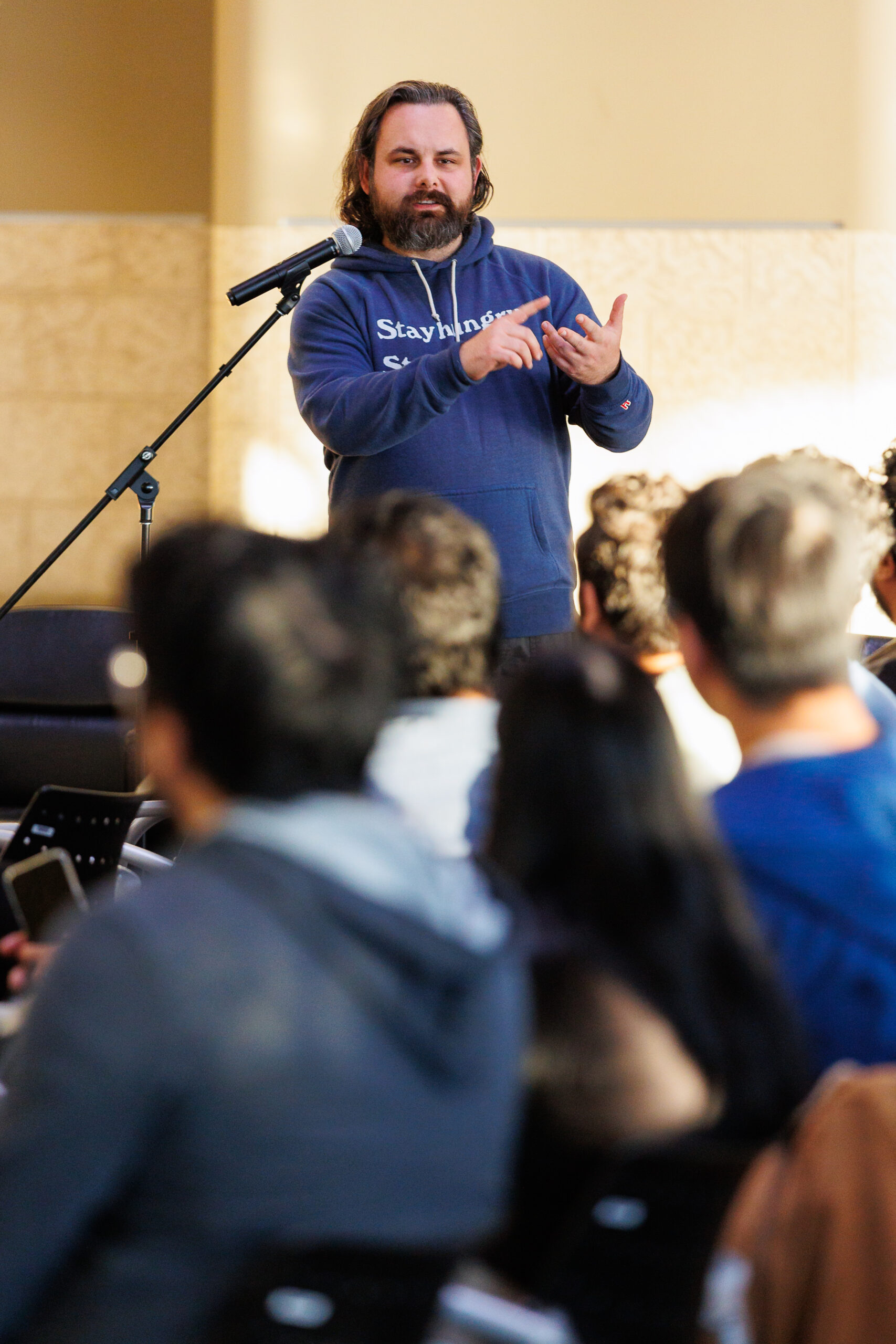Listen to today’s podcast: https://podcasts.apple.com/us/podcast/silk-logic-sustainability-daily/id1842028080
Welcome back to Sustainability Daily. Today’s podcast episode was created from the following stories: innovations in AI that upskill workers on the job, travel trends that favor meaning-rich experiences, and hands-on ways communities and designers are shrinking carbon footprints and extending the life of our tech.
The Rise Of Learning Co-Pilots: AI Agents That Level Up Every Employee
Learning co-pilots embed AI guidance directly into daily tools, delivering micro-lessons, nudges, and contextual recommendations that improve performance in the flow of work. The article outlines high-ROI use cases across sales, support, engineering, and compliance, plus design principles (privacy, explainability, human-in-the-loop) and a practical, KPI-driven rollout roadmap. The takeaway: start small with one workflow, prove business impact, and scale to make continuous learning measurable and ubiquitous.
Expedia Finds Experience-Driven Journeys On The Rise
Expedia’s Unpack ’26 report points to a shift from checklist travel to culture-forward experiences, spotlighting trends like “Fan Voyage” (hyper-local sports immersion) and “Salvaged Stays” (adaptive reuse hotels with rich history). A new Smart Travel Health Check signals rising demand for responsible, ready-for-visitors destinations. For loyalty leaders, the play is clear: pair data with cultural insight, swap generic rewards for memory-dense moments, and demonstrate real destination stewardship.
The Community Carbon Impact: Engaging Visitors in Urban Sustainability
MIT City Science’s interactive installation at the Museum of Science (Boston) turns abstract emissions into a visible, shrinking “bubble” as visitors layer real-world interventions—clean energy, walkable neighborhoods, compact housing, low-carbon diets, and more. The exhibit shows how combined, community-level actions can dramatically lower per-capita emissions, making climate tradeoffs concrete and actionable. Most visitors left with specific steps they could take locally—proof that engagement plus systems thinking can drive behavior change.
Hardware Afterlives
This piece explores the global “reuser experience,” from frugal innovation (jugaad) to informal repair cultures and secondary markets that extend device lifespans. While linear product models drive frequent upgrades and e-waste, bottom-up practices in places like India, Vietnam, and China reveal sophisticated pathways to extract value from components, repair, and repurpose. The design mandate: learn from these cultures to build modular, repairable systems and policies that default to multiple hardware lives.
Together, these stories highlight a shared theme: smarter systems—whether AI tutors at work, travel that honors place, community climate action, or tech designed for second lives—move us from intent to impact. When we align design, data, and human behavior, sustainability stops being an ideal and starts becoming the everyday experience.





